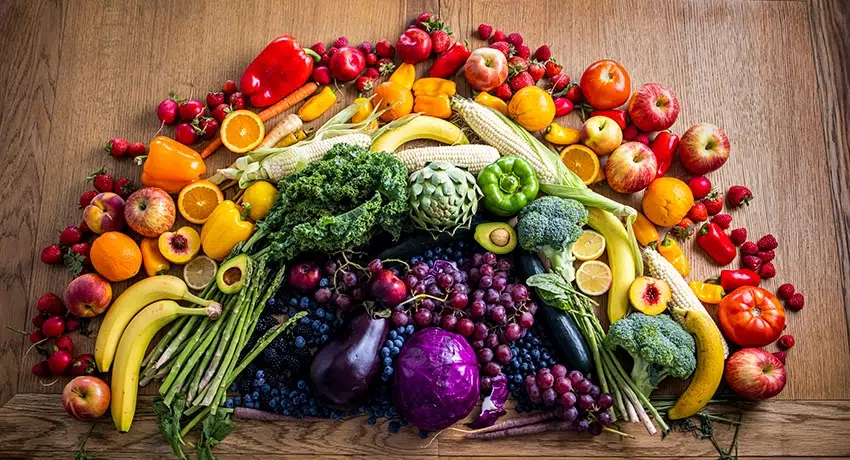Plant Based Protein Guide
Updated: Aug 19, 2023
The biggest concern from those eating a mostly or fully plant based diet is whether they are getting enough protein. When I tell people I am on a whole foods, mostly plant based food diet they always seem perplexed and concerned about my protein intake.
One important thing to remember is that we eat mostly vegetarian animals and that cows, chickens etc are just the middle man of plant based protein consumption. Look at the size and strength of cows & horses who live on plant based foods diet!
Calculator: How much protein do you need in a day? click here
High Protein Plant Based Food
Soybeans 29 g per cup
Wild rice 7 g per cup
Tempeh 16 g per 3 oz
Edamame 17 g per cup
Lentils 18 g per cup
Beans 8-15 g per cup
Nutritional yeast 14 g per oz
Nuts and seeds ~ 4-9 g per oz
Quinoa 8 g per cup
Chickpeas 15g per cup
Hemp Seeds 9g per 3 tablespoons
Chia Seeds 5g per 2 tablespoons
Peanuts 6g per 1 oz.
Peas 8g per cup
Amaranth 9 g per cup
Spinach 5g per cooked cup
Essential amino acids (broken down proteins) are the ones your body does not produce on its own and thus must be eaten. While most animal products contain all the essential amino acids, a varied plant based diet can do the same. There are several plants that have all the essential amino acids in one food:
Quinoa
Soy
Hemp
Chia seeds
Buckwheat
Spirulina
Tempeh
For athletes, companies like Body Health make essential amino acids workout supplements which again is broken down protein but with an almost 100% utilization rate.
Absolutely FREE Functional Nutrition & Training Assessment - For athletes and adults! Take our free 5 minute assessment and Rob Walters will get back to you within 24 hours with his assessment and plan for you! Click here to get started



















